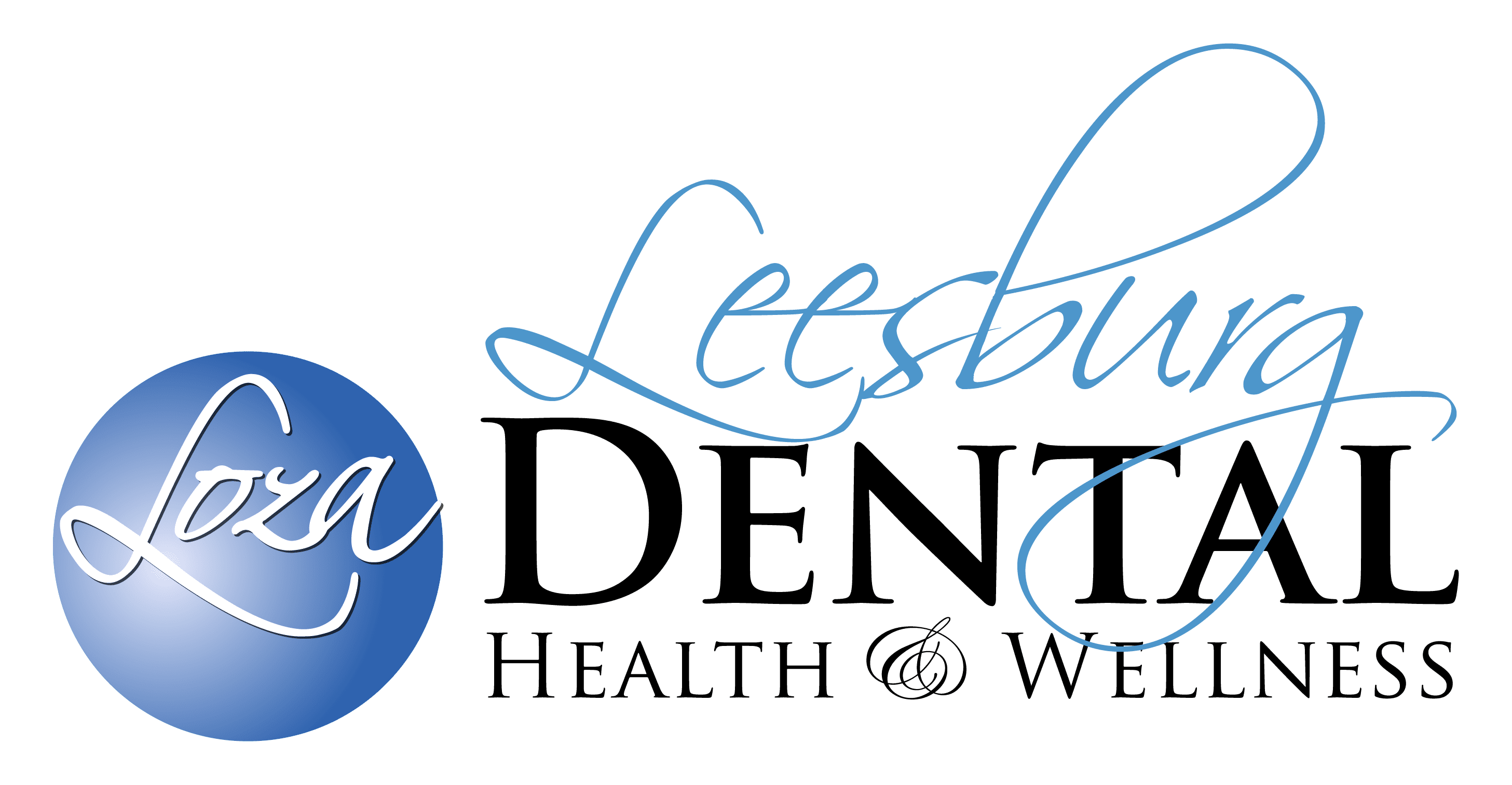Over my 20 years of practicing dentistry in Northern Virginia, I’ve seen firsthand how our community has grown and changed. One thing that has remained constant, however, is the confusion that dental insurance can cause for patients and their families.
Navigating the complexities of your dental plan can feel like a puzzle. As your dedicated healthcare partner, I see my role as more than just providing clinical care; it’s about empowering you with knowledge and clarity in all aspects of your dental health, including understanding your insurance benefits.
While we can’t speak to the specific details of every individual plan, I wanted to share a few pointers from my experience to help our Northern Virginia patients better understand and utilize their dental insurance.
1. Your Dental Insurance is a Contract Between You and Your Provider
This is the most important concept to understand. Your dental insurance plan is a contract that your employer (or you, if you’ve purchased it directly) has negotiated with an insurance company. The plan dictates your deductibles, co-pays, and which procedures are covered.
A dental office is a third party to that contract. Our primary commitment is to recommend the best possible treatment for your health, regardless of insurance coverage. We will then do everything we can to help you maximize the benefits you are entitled to under your specific plan.
2. Understand These Key Insurance Terms
The language of insurance can be intimidating. Here are a few common terms you’ll encounter:
- Premium: The fixed amount you (or your employer) pay regularly (usually monthly) to keep the plan active.
- Deductible: The amount of money you must pay out-of-pocket for dental services before your insurance company starts to pay.
- Co-pay/Co-insurance: Your share of the cost for a covered service. A co-pay is a fixed dollar amount (e.g., $25), while co-insurance is a percentage of the cost (e.g., 20%).
- Annual Maximum: The absolute most your insurance plan will pay for your dental care within a 12-month period. It’s crucial to know this amount, especially if you require extensive treatment.
- In-Network vs. Out-of-Network: “In-network” dentists have a contract with your insurance company to offer services at a pre-negotiated, often lower, rate. “Out-of-network” dentists do not have this contract. Many PPO dental plans in NoVA still offer excellent benefits for out-of-network providers, so don’t let that term discourage you from seeing the dentist of your choice.
3. Prevention is Your Best Financial Tool
Most dental insurance plans in Northern Virginia are designed to heavily favor preventive care. Your twice-yearly check-ups, cleanings, and necessary x-rays are often covered at a high percentage (sometimes 100%).
Why? Because insurance companies know that preventing problems is far less expensive than fixing them. By attending your routine appointments, you not only protect your health but also use your insurance benefits in the most cost-effective way possible, reducing the need for more complex and costly procedures down the line.
4. Don’t Let Your Benefits Disappear
Most dental plans operate on a calendar year, and the benefits do not roll over. If you have an unused annual maximum, you will lose those funds on December 31st.
If you know you need treatment, it’s wise to plan ahead. Towards the end of the year, our office often gets busy with patients trying to use their remaining benefits. We recommend scheduling any needed work well in advance to ensure you can make the most of the benefits you’ve already paid for.
Our Role at Leesburg Dental
Our team is highly experienced in working with a wide variety of dental insurance plans common in the Northern Virginia area. Our commitment to you is to:
- Recommend treatment based on your clinical needs, not your insurance coverage.
- Provide you with a clear estimate of costs and explain your treatment options.
- Submit claims on your behalf and provide all necessary documentation to your insurance company.
Navigating the world of dental insurance can be challenging, but you don’t have to do it alone. We encourage you to ask questions and view us as a resource. An informed patient is an empowered patient.




